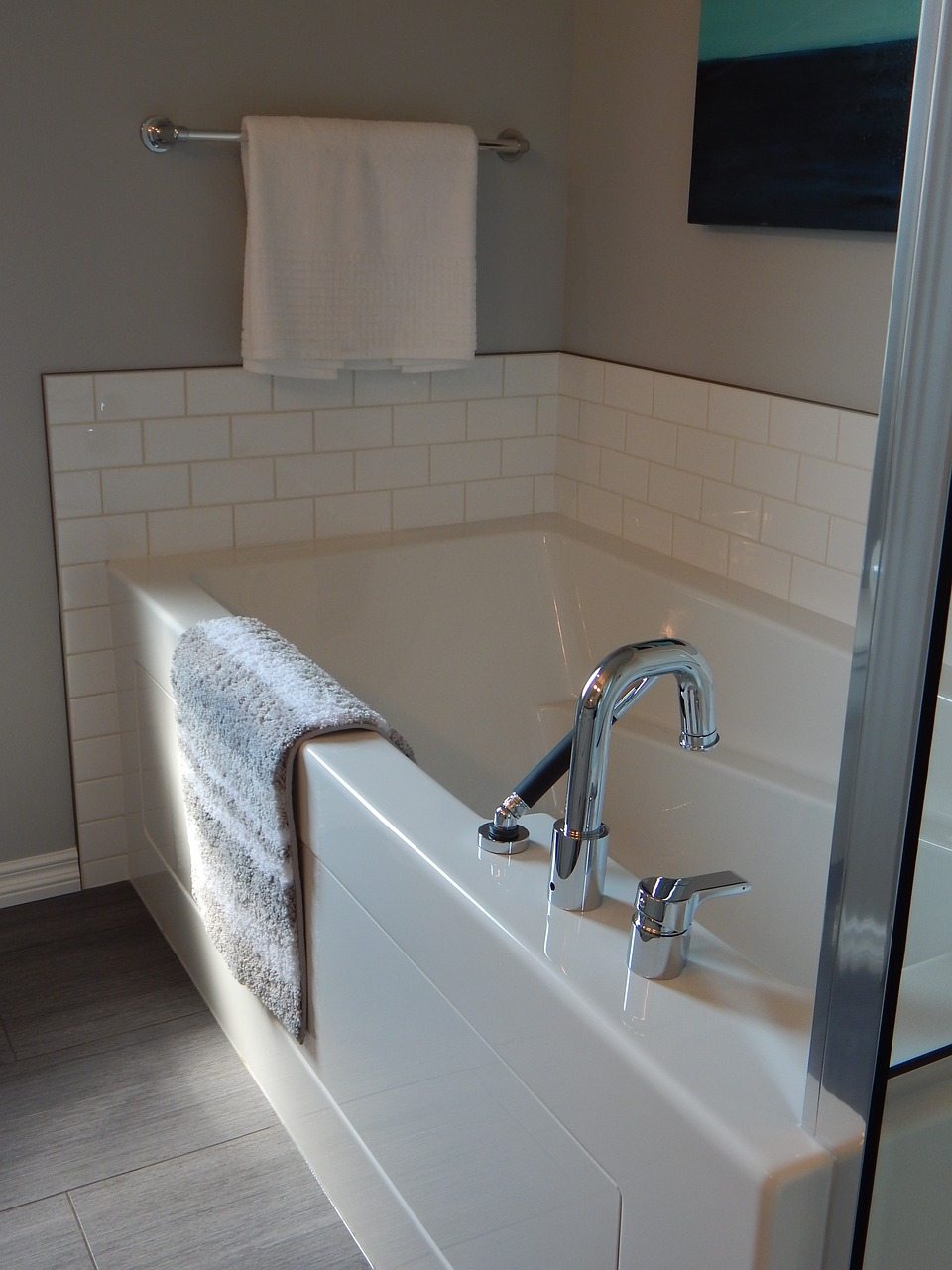Understanding Bathroom Plumbing: Crucial Advice for New Homeowners
Understanding Bathroom Plumbing: Crucial Advice for New Homeowners
Blog Article
Each person may have their private theory in relation to Essential DIY Bathroom Plumbing Tips Every Homeowner.

For brand-new home owners, understanding and preserving bathroom pipes can save both time and money by protecting against expensive issues down the line. Below are some necessary restroom pipes tips to aid you keep every little thing running smoothly.
Prepare for Winter
Protect your pipelines from cold during winter by insulating pipelines in unheated areas like basements, attic rooms, and garages. Throughout extreme chilly, let cold water drip from faucets offered by exposed pipelines to help prevent cold.
Set Up Regular Upkeep
Consider organizing annual inspections with an accredited plumbing. They can detect issues that you may miss out on, such as covert leakages or deterioration on pipelines and fixtures. Routine upkeep assists expand the life of your plumbing system and can stop emergencies.
Acquaint Yourself with the Main Shut-Off Shutoff
Knowing where the primary water shut-off shutoff lies in your house is critical. This enables you to swiftly turn off the supply of water in case of major leakages or during pipes emergencies, stopping substantial water damages.
Frequently Check for Leakages
Small leaks can result in large problems. On a regular basis examine under sinks, around toilets, and near plumbing fixtures for any type of indications of leakages. Look for dampness, little drips, or rust. Capturing and fixing leakages early can protect against much more severe damages and conserve water.
Keep Your Hot Water Heater
Guarantee your hot water heater is readied to a suitable temperature (normally about 120 degrees Fahrenheit) to stop hot and reduce energy usage. Flush the storage tank every year to eliminate sediment accumulation, which can minimize the performance and life-span of your heating system.
Update Your Components
If your home has older components, think about updating to much more effective designs. Modern bathrooms, showerheads, and faucets are designed to utilize less water while offering great stress, which can substantially minimize your water expense and environmental footprint.
Be Cautious with DIY Plumbing Services
While it's alluring to manage all home repair services on your own, be cautious with pipes. Some issues could call for expert competence, particularly if they involve major water lines or sewage system fixings. Employing an expert can sometimes be more cost-efficient than do it yourself, especially if it prevents more damages.
Don't Neglect Slow Drains Pipes
If your sink or bath tub is draining pipes slowly, it's frequently an indication of a blockage developing. Resolving this very early can protect against a total blockage. Utilize a plunger or a plumbing professional's snake to clear out particles. Prevent using chemical drainpipe cleansers as they can damage your pipelines gradually.
Know What Not to Flush
Toilets are not garbage disposals. Prevent flushing anything other than toilet paper and human waste. Things like wipes, feminine health products, and cotton swabs should be dealt with in the trash to stop clogs and drain backups.
Set Up Strainers in Drains
Area filters in your sink and tub drains to capture hair and other particles prior to they enter your pipes system. Cleaning the strainers regularly will aid avoid build-up and keep water streaming openly.
Conclusion
Recognizing and maintaining your home's washroom plumbing can stop several common problems. By adhering to these vital pointers, you can ensure your shower room continues to be functional and effective, conserving you money and time in the long run.
Essential Plumbing Tips for Homeowners: Keep Your Pipes Flowing Smoothly
As a homeowner, understanding the basics of your plumbing system can save you time, money, and a lot of headaches. Plumbing issues can range from minor annoyances like dripping faucets to major problems like burst pipes that cause significant damage. This guide provides essential tips to help you maintain your plumbing system and tackle common issues.
Understanding Your Plumbing System
Supply System: Brings fresh water into your home from a municipal source or a well. Drain-Waste-Vent System: Removes wastewater and vents sewer gases outside. Fixtures and Appliances: Includes sinks, toilets, showers, dishwashers, and washing machines. Basic Maintenance Tips
Regular Inspections: Periodically check for leaks, corrosion, and other signs of wear and tear. Look under sinks, around toilets, and near water heaters. Know Your Main Shut-Off Valve: In case of a major leak, you’ll need to shut off the water quickly. Ensure everyone in your household knows where the main shut-off valve is located. Prevent Frozen Pipes: In cold climates, insulate exposed pipes and let faucets drip during extreme cold to prevent freezing. Use Strainers: Install strainers in sinks and tubs to catch hair, food particles, and other debris that can cause clogs. Common Plumbing Issues and Solutions
Clogged Drains:
Prevention: Avoid pouring grease down the drain and use drain screens to catch debris. DIY Fix: Use a plunger or a plumbing snake to clear minor clogs. For stubborn clogs, a mixture of baking soda and vinegar can sometimes help. Leaky Faucets:
Prevention: Replace washers and seals regularly. DIY Fix: Turn off the water supply, disassemble the faucet, and replace worn parts.

Instant Quote Report this page